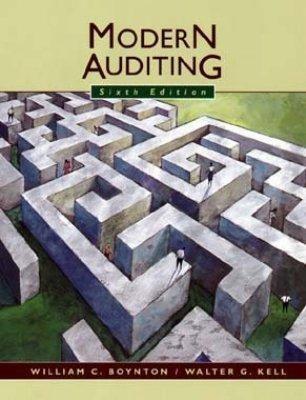Mason & Dilworth, CPAs, were the accountants for Monrad Corporation, a closely held corporation. Mason & Dilworth
Question:
Mason & Dilworth, CPAs, were the accountants for Monrad Corporation, a closely held corporation. Mason & Dilworth had been previously engaged by Monrad to perform certain compilation and tax return work. Crass, Monrad s president, indicated he needed something more than the previous type of services rendered. He advised Walker, the partner in charge, that the financial statements would be used internally, primarily for management purposes, and also to obtain short-term loans from financial institutions. Walker recommended that a review of the financial statements be performed. Walker did not prepare an engagement letter.
In the course of the review. Walker indicated some reservations about the financial statements. Walker indicated at various stages that "he was uneasy about certain figures and conclusions" but that "he would take the client's word about the validity of certain entries since the review was primarily for internal use in any event and was not an audit."
Mason & Dilworth did not discover a material act of fraud committed by management.
The fraud would have been detected had Walker not relied wholly on the representations of management concerning the validity of certain entries about which he had felt uneasy.
Required
Answer the following, setting forth reasons for any conclusions stated.
a. What is the role of the engagement letter when a CPA has agreed to perform a review of a closely held company? What points should be covered in a typical engagement letter that would be relevant to the parties under the facts set forth above?
b. What is the duty of the CPA in the event suspicious circumstances are revealed as a result of the review?
c. What potential liability does Mason & Dilworth face and who may assert claims against the firm?
Step by Step Answer:






